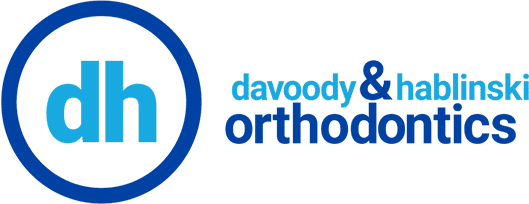Some Pointers for Poking Wires
We know that having metal in your mouth doesn’t always feel like the most natural thing. Fortunately, after you get your braces on and have your initial adjustment, most people don’t even notice their braces are there. However, sometimes a pesky wire will escape and remind you that your braces are there. Have no fear though, most of
The Relationship Between Asthma & Cavities
The headline of this blog post is pretty shocking isn’t it? Many people are unaware of the link between asthma and tooth decay resulting from a dry mouth. Here is some more information from Dr. Amir Davoody and Dr. Mark Hablinski at Davoody and Hablinski Orthodontics. You may be wondering what does asthma have to do with cavities. When
4 Benefits of Virtual Orthodontic Appointments
Virtual orthodontic appointments are nothing new, yet have become more common practice since the spread of COVID-19. As an alternative to meeting in-person, virtual orthodontic consultations are a great way to stay healthy while social distancing. If you or someone you know is considering braces or clear aligners, Dr. Amir Davoody at Davoody and Hablinski Orthodontics shares 4 benefits
Is Sparkling Water Bad for My Teeth?
We all know that sugary carbonated drinks do more harm than good to the teeth, but what about sparkling water? In most carbonated beverages, the acidity levels are very high – which can weaken tooth enamel. If you’re not familiar with tooth enamel, it is the hard outer shell of your teeth where cavities first form. When left
Step Up Your Selfie Game with Orthodontics
Every patient has their own reasons for deciding to undergo orthodontic treatment. For teens, image has always been a key factor in social integration, and in today’s beauty-conscious society, a beautiful smile is high on their list of priorities. The ever-popular selfie gives teens a confidence boost and social media is the ideal platform to broadcast themselves to
Wait! Why You Shouldn’t Brush Your Teeth Immediately After Eating
Part of maintaining good oral hygiene is making sure to brush your teeth multiple times throughout the day. While most of us know to brush after eating, how soon is too soon? In order to answer that question, Dr. Amir Davoody at Davoody and Hablinski Orthodontics will first explain the science behind tooth structure. Understanding this will help better

